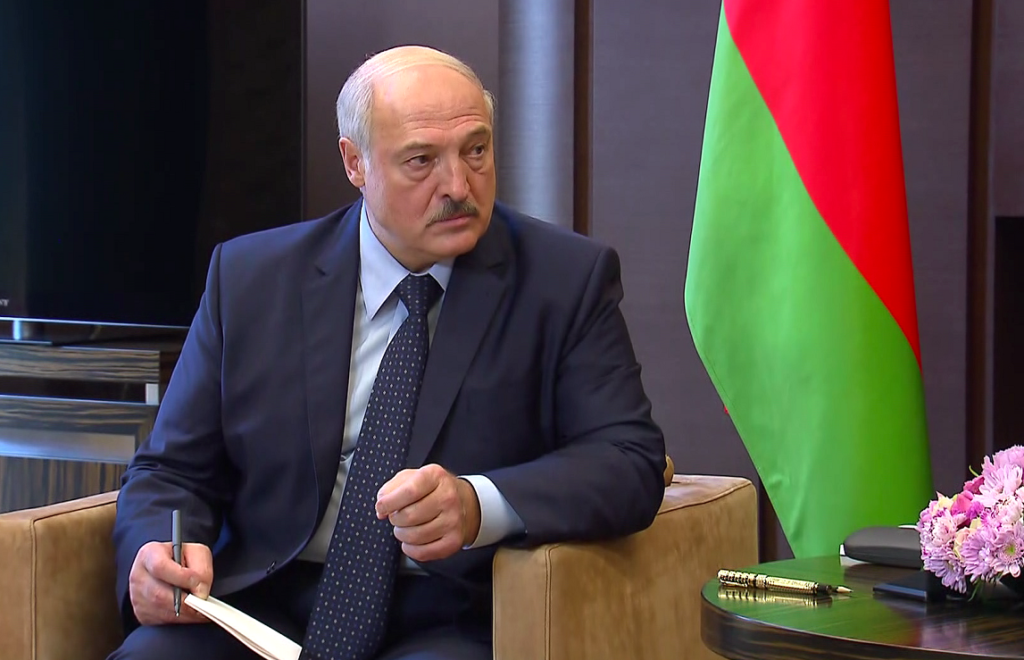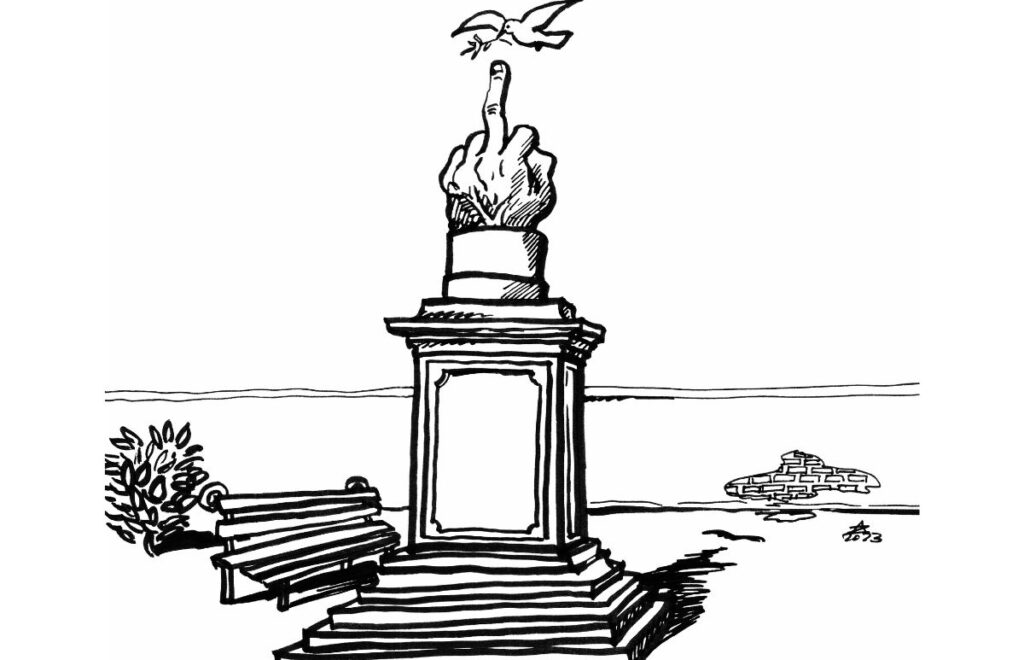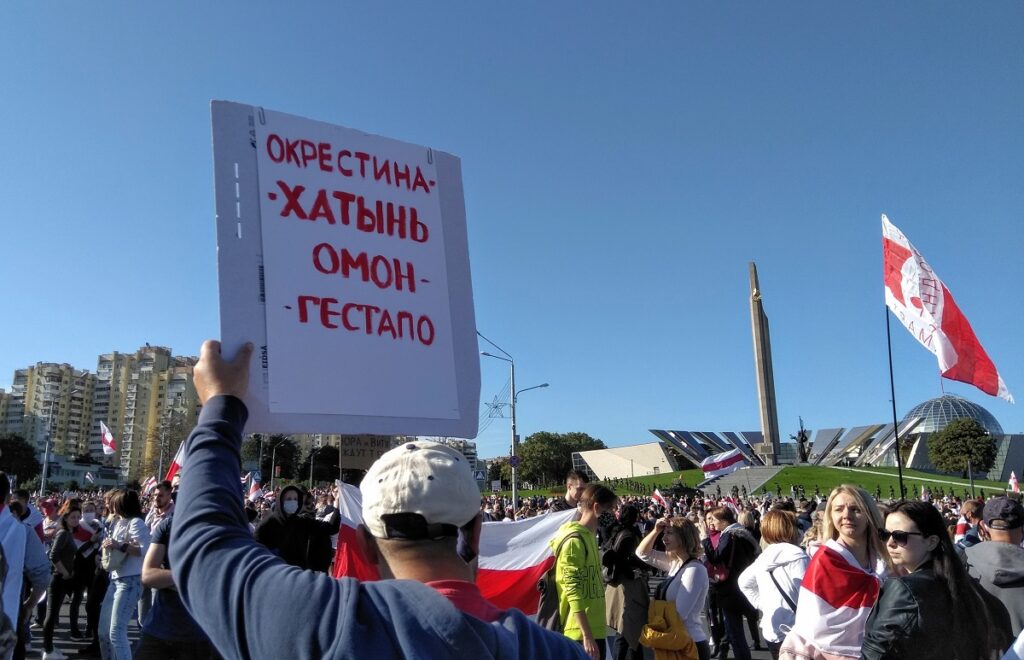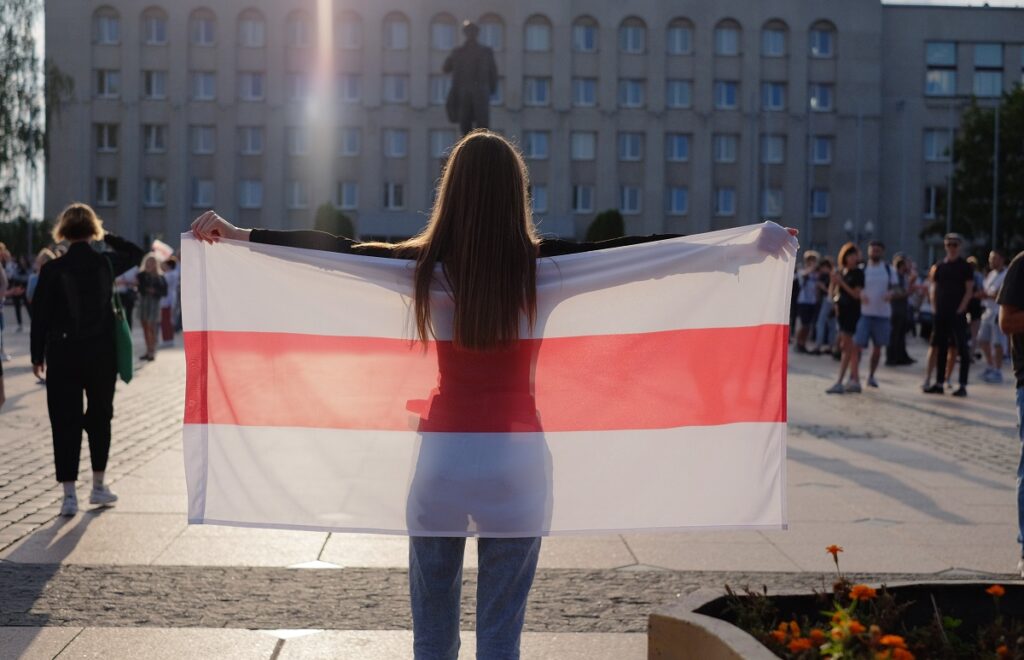The paradox of Belarusian authoritarianism
Why are parliamentary elections being held in Belarus? Despite risks for the regime, elections persist in a country where one person has been president since 1994, and the process of electing members to parliament and local councils seems more like appointments. The next elections will take place on February 25th 2024 and will see members chosen for the lower house of parliament alongside local council deputies. Then on April 4th, elections will be held for the upper house and the All-Belarusian People's Assembly. For the Belarusian regime, it is particularly important to hold elections at all levels, even in such challenging geopolitical conditions. This is a crucial element in the legitimation and initiation of people in power.
February 7, 2024 - Anton Saifullayeu





































